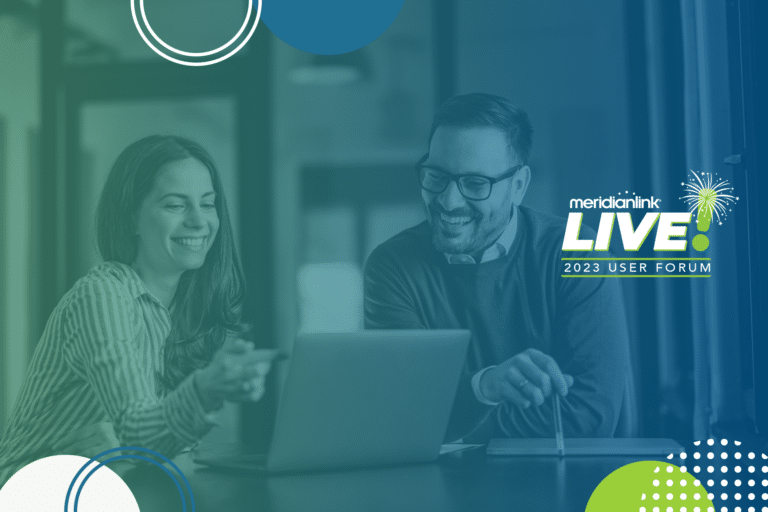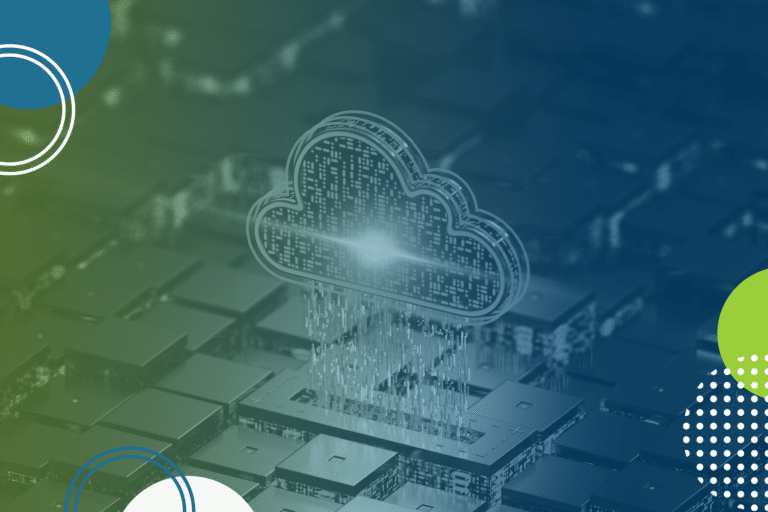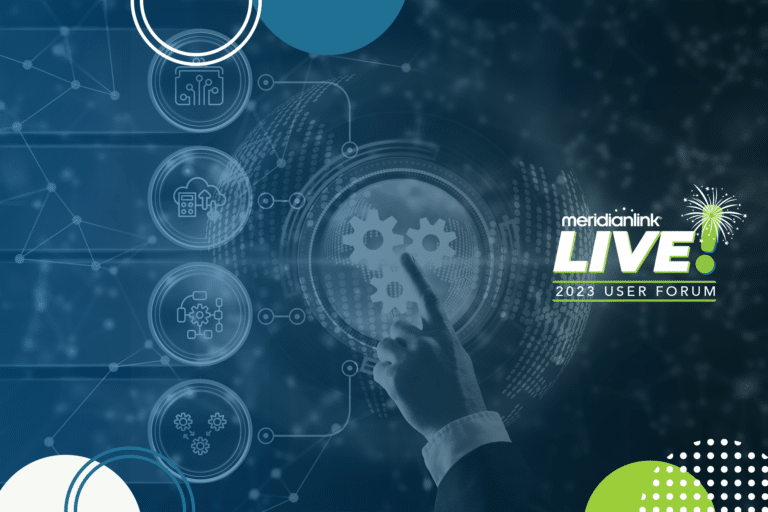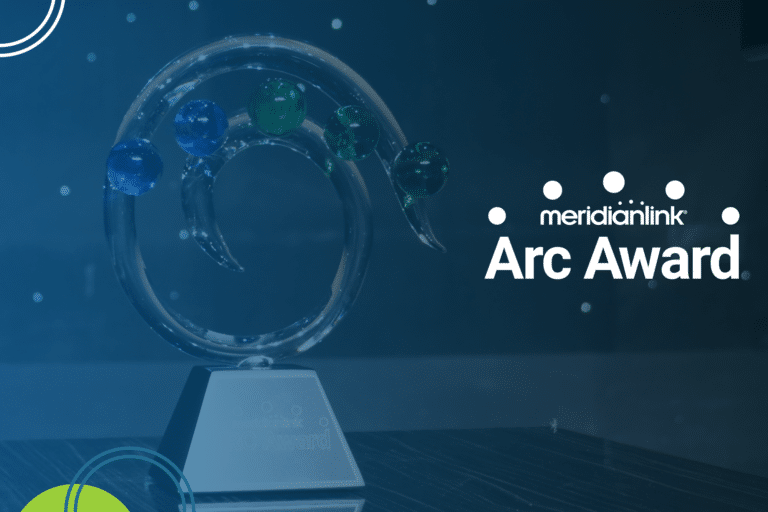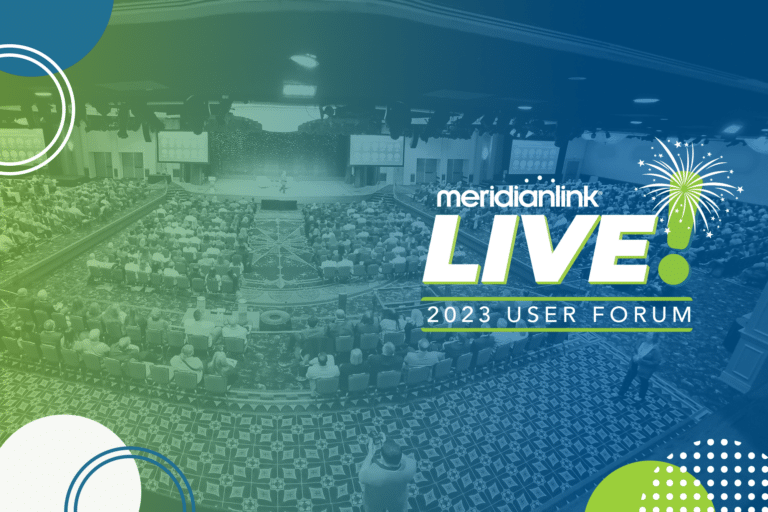As we close Pride Month, we reflect on the importance of every employee having the freedom to be their most authentic selves at work. Unfortunately, the ability to be your authentic self in the workplace is often still a privilege, rather than something that happens easily or equitably for everyone, everywhere. Holidays, such as Pride Month, which raise awareness and promote important conversations about equality and allyship are especially important at work and in our communities.
At MeridianLink, we believe every employee at every company should feel seen, valued, and heard every day of the year, not just during Pride Month. But we all need to do more because the lesbian, gay, bisexual, transgender, and queer+ (LGBTQ+) community is still underrepresented in the workplace, particularly in senior-level positions, according to McKinsey & Co. Consequently, many members of this community feel like an “only” at work, and as such, they may not feel like they can talk openly and easily about themselves. While many LGBTQ+ individuals thrive in their careers, there are still barriers to total acceptance in the workplace.
Creating Inclusive Workplaces
One way employers can make LGBTQ+ employees feel more connected to their work community is by setting up employee resource groups (ERGs) that support them. These voluntary, employee-led groups aim to offer workers safe spaces where they can bring their authentic selves to the table, as well as make their organizations better places for everyone to work.
To create a workplace that fosters real diversity, executives must commit to improving diversity, equity, and inclusion (DEI). These company leaders must prioritize policies that foster inclusivity, helping employees feel they can express their authentic selves in the workplace and celebrating them for who they are. Workers who feel they have to hide parts of themselves are not truly motivated or engaged and will often leave their companies for more LGBTQ+-friendly organizations.
Companies can also support the LGBTQ+ community by instituting hiring practices that foster DEI, beginning with using inclusive language or diversity statements in their job ads to encourage individuals from underrepresented groups to apply. Enterprises can also reduce bias in the hiring process by hiding candidates’ personal information from hiring managers. Some information on candidates’ resumes, such as names, dates of birth, alumni affiliations, and locations where they’ve lived or worked, may contribute to hiring managers’ biased assessments of those job seekers even if those biases are unintentional.
Additionally, when interviewing candidates, employers should ask a standard set of questions for each individual applying for a given position. This allows employers to assess candidates more objectively to determine the best person for the job. And including diverse employees as decision-makers in the hiring process can also help to minimize bias.
Other ways employers can support equality at work include:
- Enhancing anti-harassment and anti-discrimination policies and making certain that they adhere to the most recent laws.
- Offering floating holidays to allow every worker to observe important holidays.
- Implementing diversity programs that respect all employees and help cultivate a culture of belonging.
Making a Difference
With more than 700 employees, we at MeridianLink are excited to keep growing and changing for the better. We know there is much work to do. One way we commemorated Pride this year was to ask employees to nominate various LGBTQ+ charities and we would select three organizations to send donations to at the conclusion of Pride month. The randomly selected winners are:
- The Trevor Project
https://www.thetrevorproject.org/
World’s largest suicide prevention and crisis intervention organization for lesbian, gay, bisexual, transgender, queer, & questioning young people.
- Los Angeles LGBT Center
Offers programs, services, and global advocacy that span four broad categories: Health, Social Services and Housing, Culture and Education, and Leadership and Advocacy.
- One-N-Ten
Providing empowering social and service programs that promote self-expression, self-acceptance, leadership development, and healthy life choices to youth and young adults ages 11-24.
We are proud to create a welcoming workspace for all and remain committed to continuing our efforts to build a more inclusive culture.

